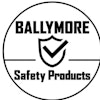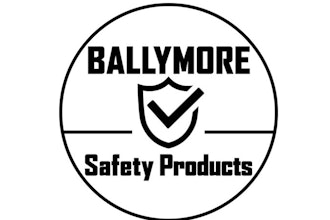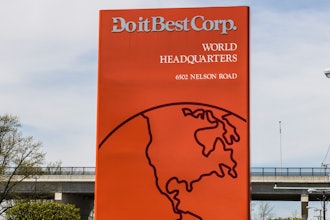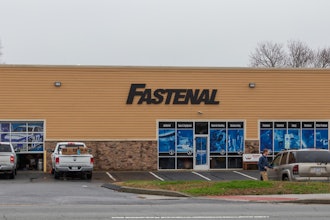A misinformed public can cause harm to themselves, but they can also cause intense hardship for the manufacturers and distributors of the products they choose to consume or boycott.
This past weekend, I returned to eggs for the first time since the recall. After five weeks of brunch abstinence, I went back to my favorite local Southwestern restaurant for their breakfast quesadilla. Sunday brunch is a staple, and I’d been avoiding it due to the recent bad press. This past weekend I was starting to waver. It had been a while since the initial announcement, so it was probably fine… besides, green hot sauce kills everything anyway, right? And eggs have been safe to consume for weeks now, haven’t they? I mean, I really hadn’t heard about it in a while…
Unfortunately, I realized in a post-brunch wave of regret, I really had no idea. As someone whose morning meal typically consists of a protein bar and black coffee (the breakfast of truckers!), I don’t really keep eggs in my refrigerator. And the occasional restaurant egg—especially now—would be served by a hyper-conscious restaurateur, with safety (and the prevention of potential bad publicity) driving his or her purchases. So, while I wasn’t feeling particularly at risk, I wasn’t exactly “in the know” either. My guess is I’m not the only consumer who doesn’t visit the FDA website before each meal.
So, when had the egg recall ended? I took to Google to find out how long I had been blatantly dissing brunch for no reason and—to my surprise—couldn’t find much updated information at all. When the egg story broke (bad pun, I know…), you couldn’t go anywhere without hearing about it. Television broadcasts, newspapers, websites… as the number climbed, so did the coverage. Eventually it ceased to capture our attention. We had absorbed to saturation the concept of “eggs equals bad”… and then we dropped it. In my mind, I trusted the restaurants I loved to love me back—thus keeping me safe from the affected brands. But this trust and love didn’t come until I’d reached a safe and comfortable distance from the initial breaking of the news on salmonella. So was the case closed? I had no idea; it just felt like it should have reached some level of control by this—my own arbitrarily elected—point in time.
And despite my willful lack of knowledge here, it sure didn’t stop me from making uninformed decisions. My lazy avoidance affected my omelet consumption, but not really my cookie or cupcake consumption. Last I checked, there are eggs in both. The point I’m trying to make here is that a mistake can follow you for a lot longer than the safety risk exists. During Toyota’s unplanned acceleration fiasco, it was pretty evident that the public hadn’t forgotten about the Ford-Firestone tire debacle of 2000. This was brought up time and again, in reference to Toyota as a comparison situation, much like the spinach and peanut recalls were in response to the egg problems. Once your product is associated with a health and safety risk, you can bet it will be rehashed at the mere mention of a similar situation in years to come.
And whether the product you sell is fairly implicated or not, the consequences can be dire and far-reaching. Take H1N1, for example: The pork industry suffered catastrophic losses over the flippantly used term “swine flu,” despite the fact that pork consumption was in no way responsible for the existence and spread of the virus. Despite these facts, it wasn’t until March of this year that Russia finally lifted the ban on U.S. pork product imports—nearly two years after the initial ban during the height of H1N1 paranoia. The egg industry, just the same, could take years to recover from this widespread mix of coverage and misinformation, whether each individual brand was involved in the recall or not.
So who is responsible for clearing up the confusion? As supply chains become longer, each product has an increasingly muddied pool of vested interests. Who’s reputation does this salmonella outbreak implicate? The distributor? The processor? Every egg and every chicken in the world? All of the above?
For any of you interested in an update on this whole egg thing, visit www.fda.gov/Safety/Recalls/MajorProductRecalls, and as a matter of principle: spread the word. A misinformed public can cause harm to themselves, but they can also cause intense hardship for the manufacturers and distributors of the products they choose to consume or boycott. Safety should never be a matter of assumption, much like a business should never plummet based on the media’s inability to set the record straight. Unfortunately, both of these situations occur all the time, and the egg industry isn’t the only one at risk of being eaten for breakfast.
How do you best account for the perception of the products you sell? Email me at [email protected].






















